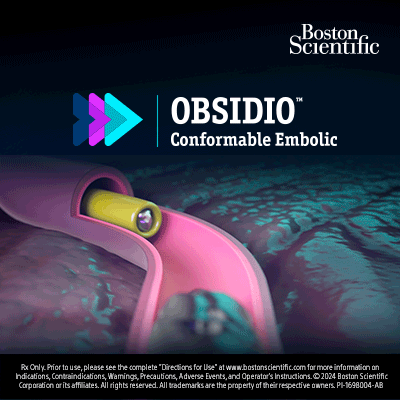SIR 2025
Nonvascular Interventions
Scientific Session
Percutaneous Gallbladder Cryoablation: Early experience
- JA
Jacob Abraham, BS
Medical Student
Warren Alpert Medical School of Brown University, Providence, RI 02901, United States 
Abdifatah Omar
Medical Student
Warren Alpert Medical School of Brown University, Providence, RI 02901, United States- MB
Michelle Bae, BS
Medical Student
Warren Alpert Medical School of Brown University, Providence, RI 02901, United States 
Jessica Yoon, MD, MBA (she/her/hers)
Resident
Brown University / Rhode Island Hospital, United States- AM
Aaron WP Maxwell, MD
Director of Vascular and Interventional Oncology
Alpert Medical School, Brown University, United States - JL
John Lee, MD
Attending
Brown University / Rhode Island Hospital, United States - DK
Daehee Kim, MD
Assistant Professor
Rhode Island Hospital; Alpert Medical School Brown University, United States
Presenting Author(s)
Author/Co-author(s)
To evaluate the safety and efficacy of percutaneous gallbladder cryoablation.
Materials and Methods:
Nine patients (mean age = 62.7 years, 2 females and 7 males) underwent percutaneous gallbladder cryoablation between April 2023 and September 2024. All patients were evaluated by surgeons prior to determine their candidacy for surgical cholecystectomy. Seven patients had recurrent acute or chronic calculous cholecystitis and/or choledocholithiasis and received percutaneous cholecystostomy and cholangioscopy-guided percutaneous gallstone extraction prior to cryoablation. Two patients had prior partial cholecystectomy with remnant gallbladder which resulted in acute cholecystitis or biliary colic symptoms. All cryoablation cases were performed with Visual IceTM cryoablation system (Boston Scientific) under general anesthesia with hydrodissection performed in all cases.
Results:
Patients were followed up for a mean period of 297.4.2 ± 174.0 days post-procedure. No immediate complications were observed following percutaneous gallbladder cryoablation, and all patients experienced complete resolution of symptoms at one-month follow-up. One patient developed acute biliary obstruction five months post-procedure, which spontaneously resolved. This complication was possibly attributed to choledocholithiasis or Lemmel Syndrome.
Conclusion:
Initial experience with percutaneous gallbladder cryoablation in high-risk, nonsurgical patients suggests promising clinical efficacy and safety, warranting further investigation.


.jpg)